Assessment of neuroendocrine dysfunction following traumatic brain injury.
Por um escritor misterioso
Last updated 12 abril 2025

A screening protocol adapted for selected patients at risk for endocrine problems is described, and physicians should be aware of the importance of neuroendocrine dysfunction following TBI. Posttraumatic neuroendocrine pathology may be a clinically significant complication following traumatic brain injury TBI. Metabolic abnormalities are described after TBI in two cases. A 21 year old male injured in a motor vehicle accident admitted in a minimally responsive condition presented with fluctuating high sodium levels, undetectable serum testosterone, and depressed cortisol and thyroid function. Imaging revealed near complete avulsion of the pituitary stalk leading to panhypopituitarism. A 38 year old male admitted for occipital skull fractures and brain contusions presented with hypona tremia and low serum testosterone. Both patients required hormonal replacement and correction of electrolyte abnormalities. A screening protocol adapted for selected patients at risk for endocrine problems is described. While neuroendocrine screening is not advocated in all TBI patients, physicians should be aware of the importance of neuroendocrine dysfunction following TBI.
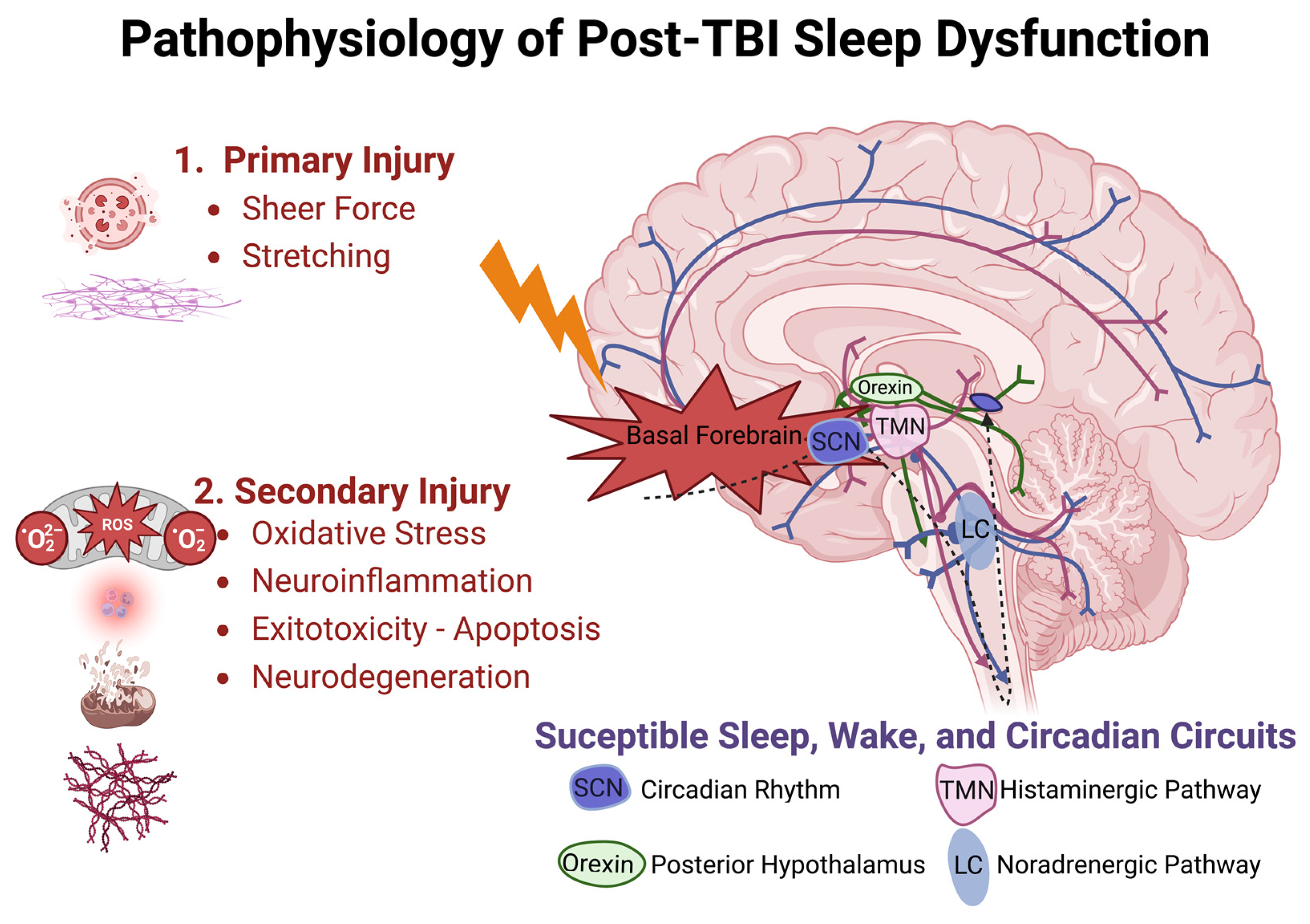
Clocks & Sleep, Free Full-Text
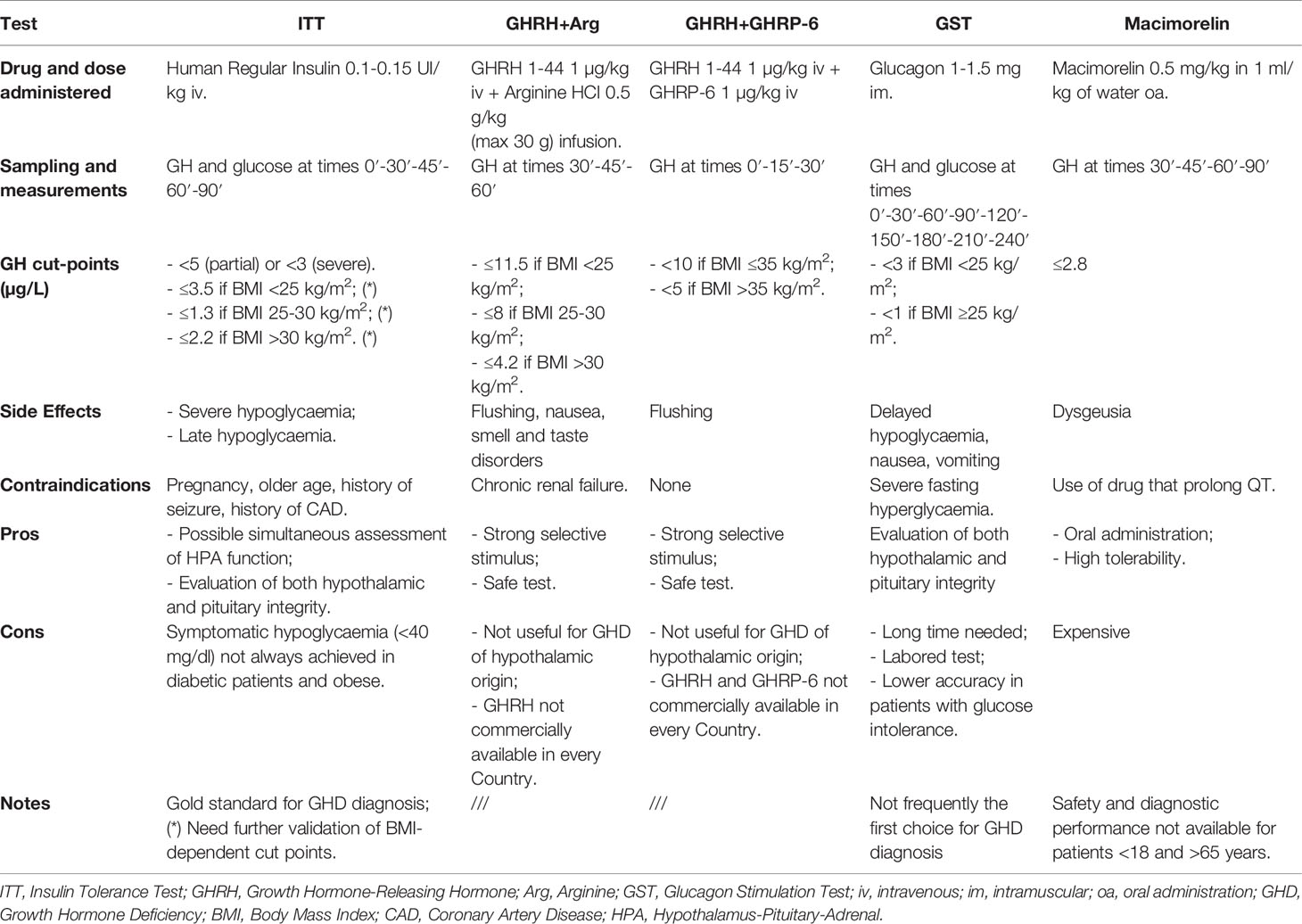
Frontiers Traumatic Brain Injury as Frequent Cause of Hypopituitarism and Growth Hormone Deficiency: Epidemiology, Diagnosis, and Treatment
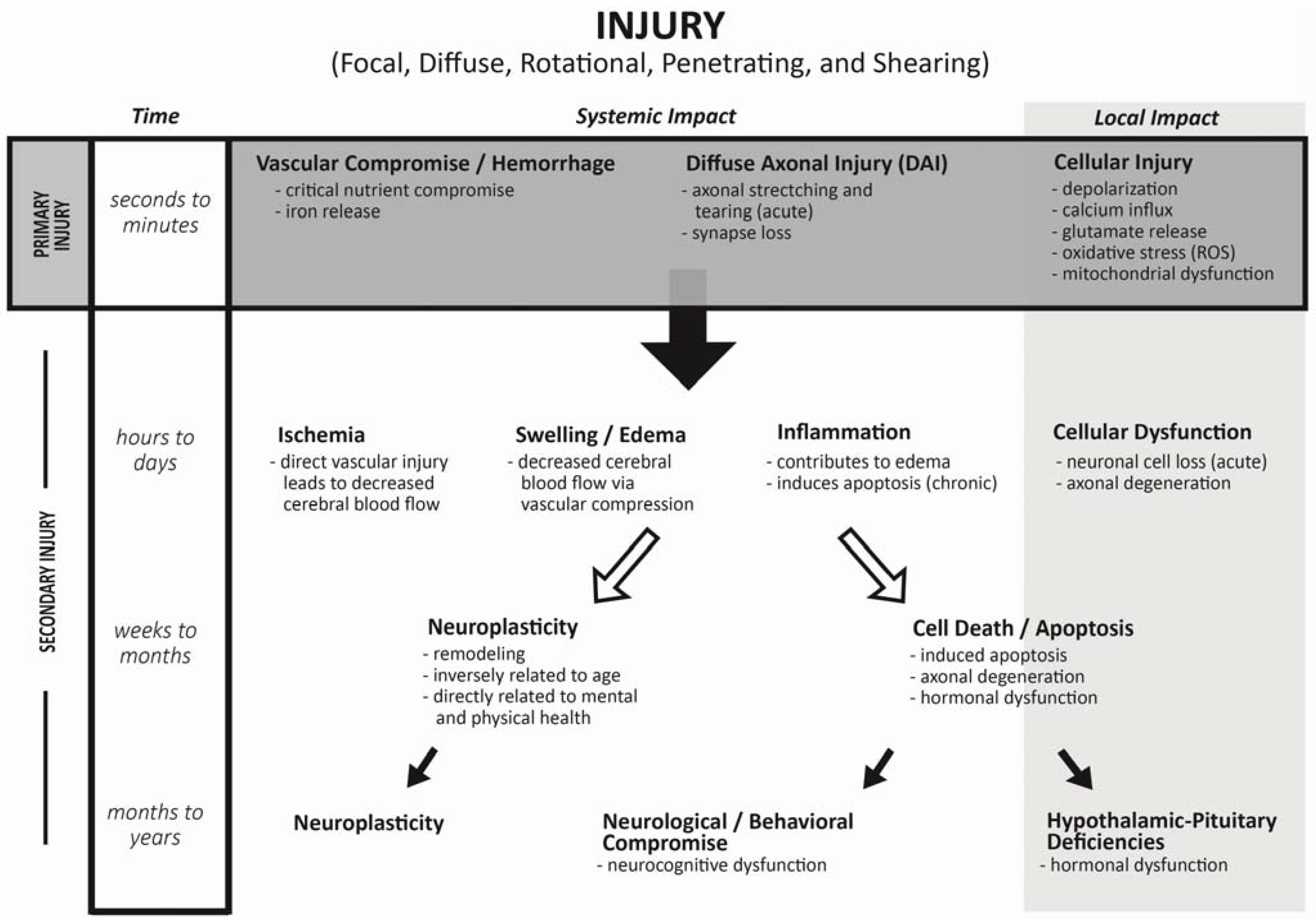
JCM, Free Full-Text

Traumatic brain injury as a chronic disease: insights from the United States Traumatic Brain Injury Model Systems Research Program - The Lancet Neurology
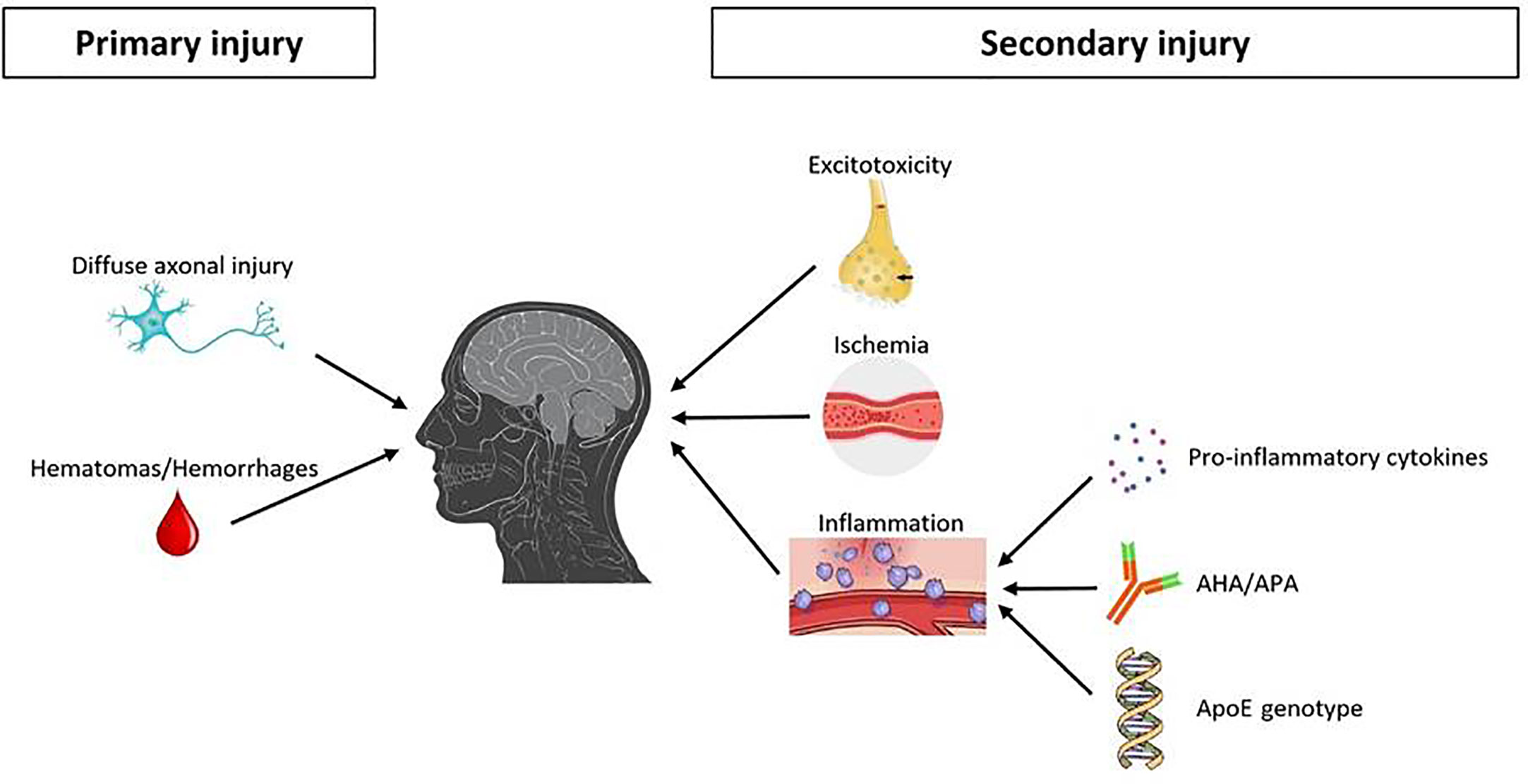
Frontiers Traumatic Brain Injury as Frequent Cause of Hypopituitarism and Growth Hormone Deficiency: Epidemiology, Diagnosis, and Treatment

Traumatic brain injury: progress and challenges in prevention, clinical care, and research - The Lancet Neurology

Manual of Traumatic Brain Injury, Third Edition
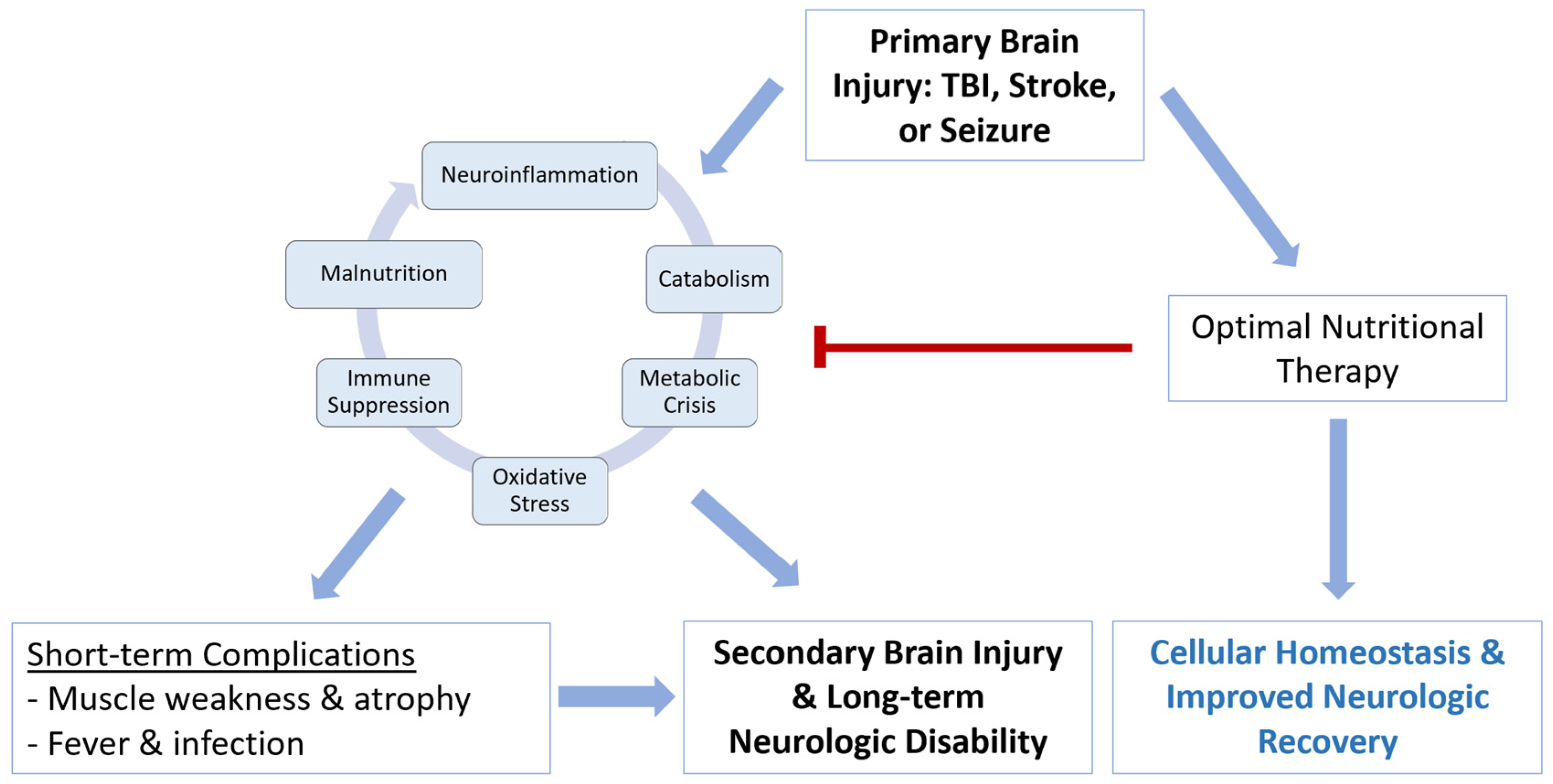
Biomedicines, Free Full-Text

Assessment of neuroendocrine dysfunction following traumatic brain injury.
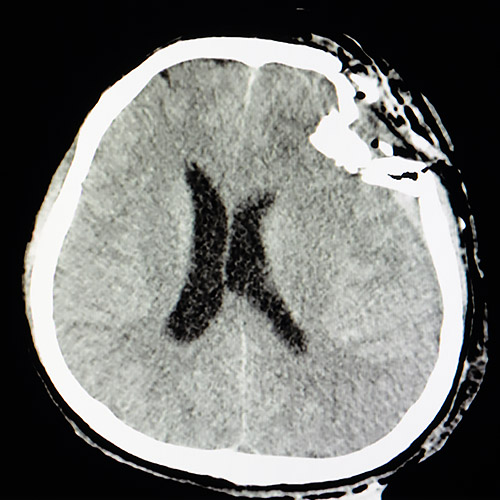
Neuroendocrine Testing and Therapy

Progress Toward a Multiomic Understanding of Traumatic Brain Injury: A Review - Philip A Kocheril, Shepard C Moore, Kiersten D Lenz, Harshini Mukundan, Laura M Lilley, 2022
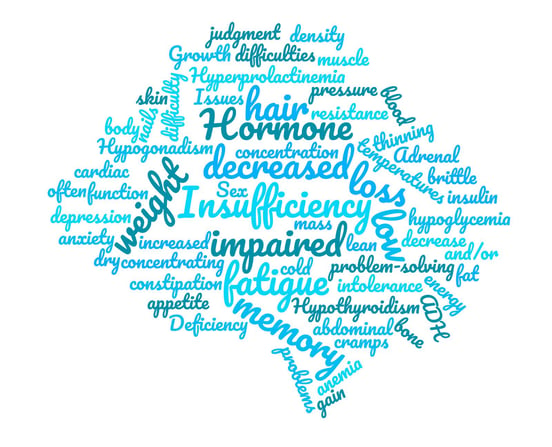
How a Brain Injury Can Cause Hormone Dysregulation
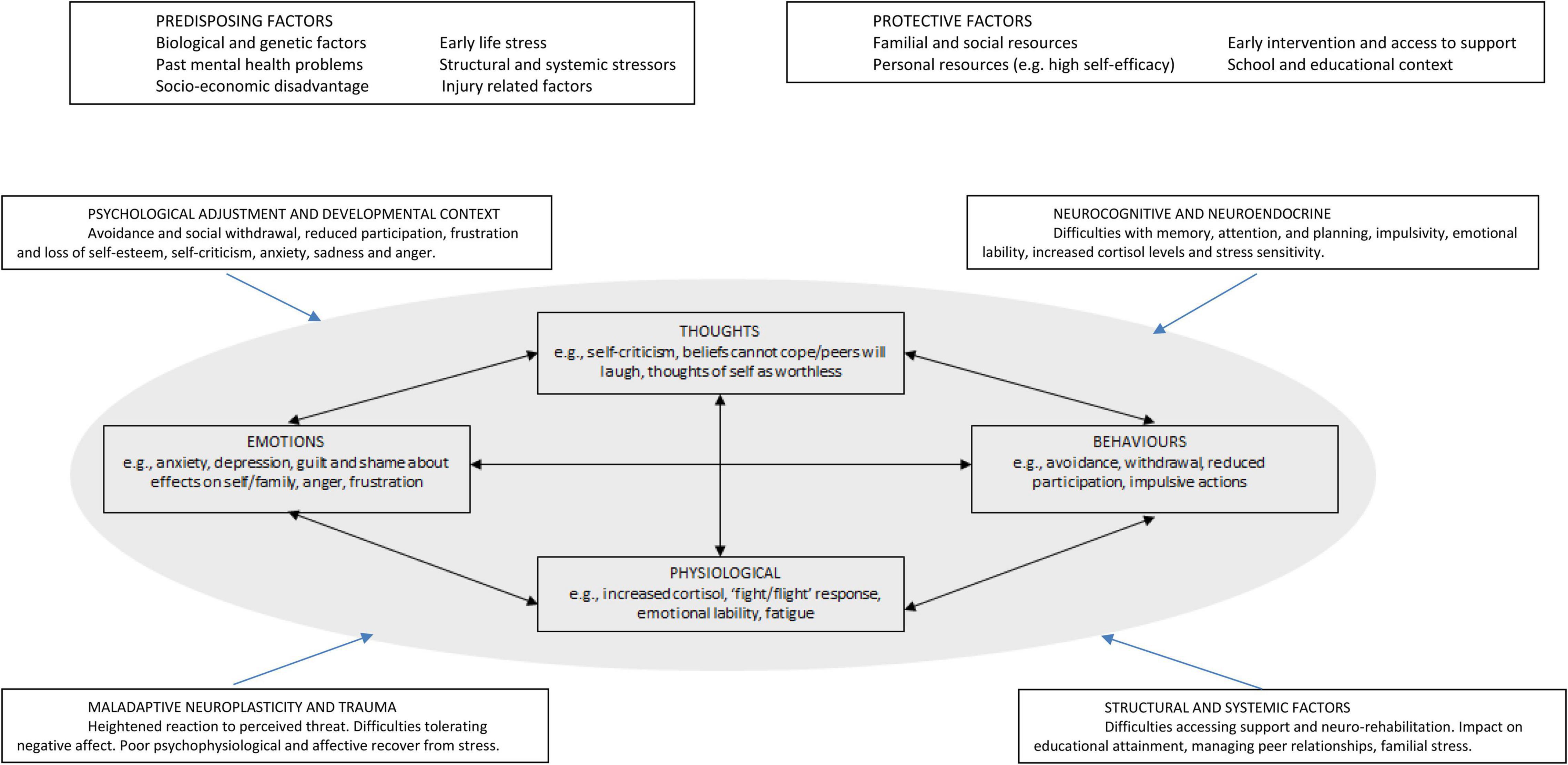
Frontiers Mood Disorders in Young People With Acquired Brain Injury: An Integrated Model

Autonomic dysfunction following traumatic brain injury: translational insights in: Neurosurgical Focus Volume 47 Issue 5 (2019) Journals

Pituitary dysfunction after traumatic brain injury in children: is there a need for ongoing endocrine assessment? - Casano‐Sancho - 2013 - Clinical Endocrinology - Wiley Online Library
Recomendado para você
-
 Мне бы чего-нибудь съесть. Уровень 295 - Brain Test12 abril 2025
Мне бы чего-нибудь съесть. Уровень 295 - Brain Test12 abril 2025 -
 how to do level 295 on brain test|TikTok Search12 abril 2025
how to do level 295 on brain test|TikTok Search12 abril 2025 -
 3 Icons 1 Word - Mind Puzzle::Appstore for Android12 abril 2025
3 Icons 1 Word - Mind Puzzle::Appstore for Android12 abril 2025 -
 Wars level puzzle mobile android iOS apk download for free-TapTap12 abril 2025
Wars level puzzle mobile android iOS apk download for free-TapTap12 abril 2025 -
Spending two hours outside can help destress and relax the brain 🧠 Want to put the science to the test? 🤓 Hit the trails this…12 abril 2025
-
 Pin by Priyadarshini on tamil Fictional characters, Character, Snoopy12 abril 2025
Pin by Priyadarshini on tamil Fictional characters, Character, Snoopy12 abril 2025 -
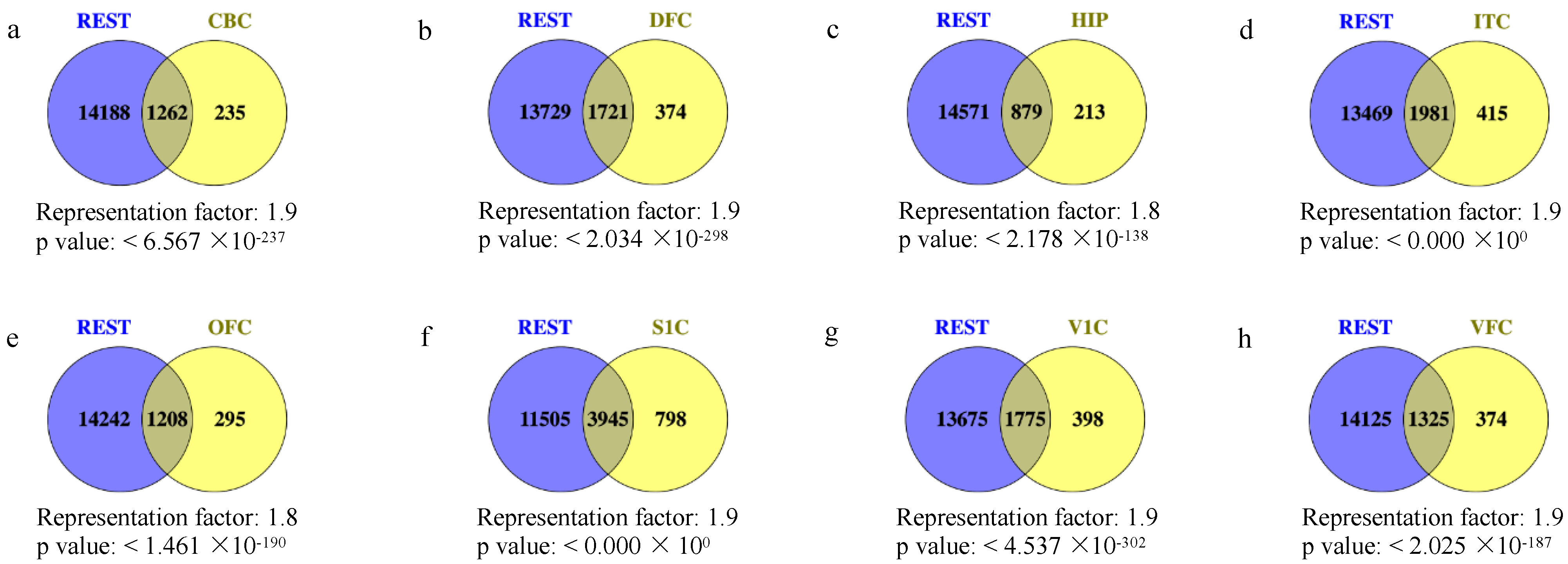 IJMS, Free Full-Text12 abril 2025
IJMS, Free Full-Text12 abril 2025 -
 Brain Test Level 337 Which way leads - Frenemy12 abril 2025
Brain Test Level 337 Which way leads - Frenemy12 abril 2025 -
 30 Math Puzzles (with Answers) to Test Your Smarts12 abril 2025
30 Math Puzzles (with Answers) to Test Your Smarts12 abril 2025 -
 Brain Test: Tricky Puzzles Answers for All Levels - Page 30 of 46 - Level Winner12 abril 2025
Brain Test: Tricky Puzzles Answers for All Levels - Page 30 of 46 - Level Winner12 abril 2025
você pode gostar
-
 Devs, any talk about Pyramid head movie skin? — BHVR12 abril 2025
Devs, any talk about Pyramid head movie skin? — BHVR12 abril 2025 -
IFTM Curso gratuito Técnico em Agronegócio no Campus Patrocínio12 abril 2025
-
 Roque, assistente de palco de Silvio Santos, aguarda diagnóstico médico após desmaio repentino12 abril 2025
Roque, assistente de palco de Silvio Santos, aguarda diagnóstico médico após desmaio repentino12 abril 2025 -
 Saigomo fanart12 abril 2025
Saigomo fanart12 abril 2025 -
 Destiny: All 5 Golden Chest Locations on Earth (in the Cosmodrome12 abril 2025
Destiny: All 5 Golden Chest Locations on Earth (in the Cosmodrome12 abril 2025 -
 12 ideias de Blox Fruit personagens de anime, anime, desenho de12 abril 2025
12 ideias de Blox Fruit personagens de anime, anime, desenho de12 abril 2025 -
![DC The World Needs Heroes Promo [HD] Batman, Aquaman 2, The](https://i.ytimg.com/vi/NUxdC6UMeaU/maxresdefault.jpg) DC The World Needs Heroes Promo [HD] Batman, Aquaman 2, The12 abril 2025
DC The World Needs Heroes Promo [HD] Batman, Aquaman 2, The12 abril 2025 -
 Un llaollao con Pedro Espinosa12 abril 2025
Un llaollao con Pedro Espinosa12 abril 2025 -
 Curse of Strahd Revamped: Dungeons & Dragons (New and Sealed)12 abril 2025
Curse of Strahd Revamped: Dungeons & Dragons (New and Sealed)12 abril 2025 -
 Wildfire, Aplicações de download da Nintendo Switch12 abril 2025
Wildfire, Aplicações de download da Nintendo Switch12 abril 2025
